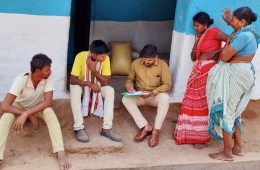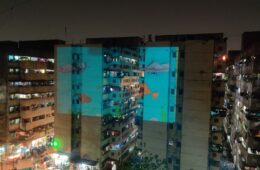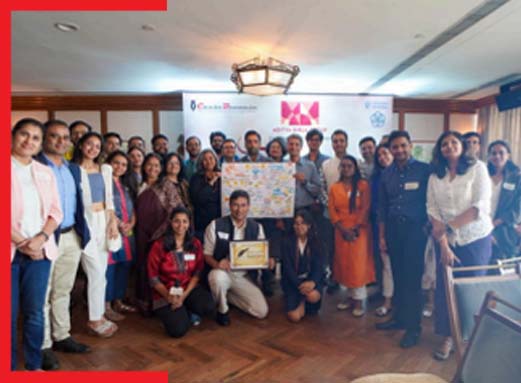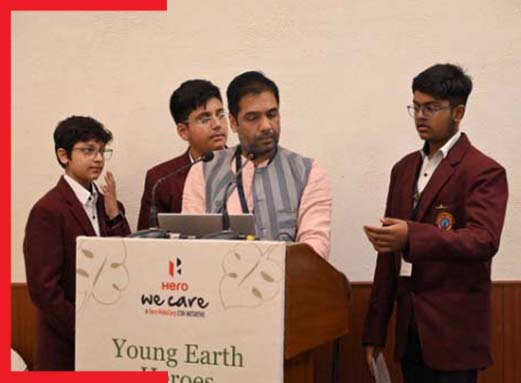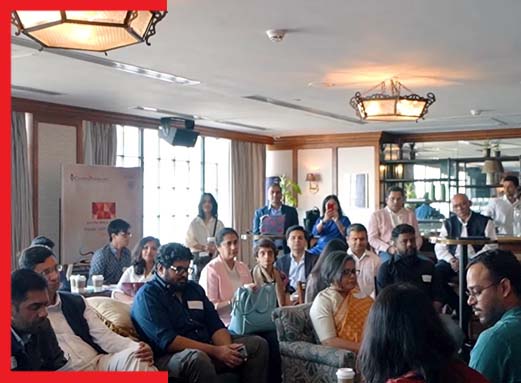THE ENTITY
CauseBecause is an independent media and research entity committed to enhancing the effectiveness and holistic impact of initiatives led by corporations, multilateral organizations, UN agencies, government bodies, nonprofits, impact-driven startups, and social enterprises.
“Sustainable progress is within reach when every stakeholder actively contributes to our shared vision, ensuring a lasting, positive impact on the world.”
Our consistent approach
Our unwavering commitment to a sustainable future shapes our approach. Through strategic partnerships and collaborative innovation, we consistently align our efforts with impactful, goal-oriented outcomes.




